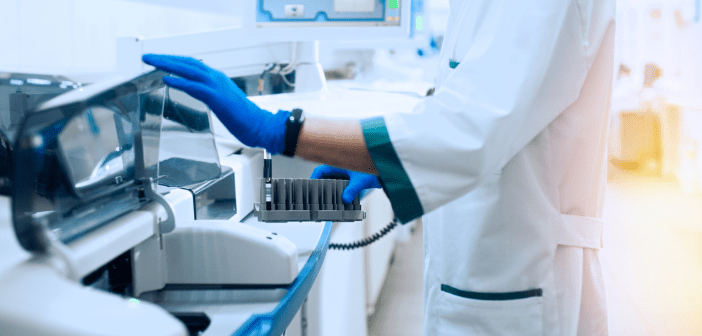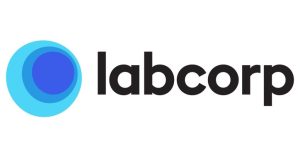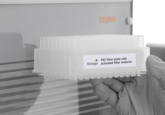The hurdles and highlights of immunochemistry workflow automation: an interview with Andrew Hall

In this interview, expert Andrew Hall from Labcorp Bioanalytical Services (Leeds, UK) provides an overview of the efficiencies and challenges experienced with immunochemistry automation and the future outlook for workflow automation.
-
What workflow efficiencies have you identified within immunochemistry automation via testing?
From our early results piloting immunochemistry automation at Labcorp Bioanalytical Services, we have identified that significant workflow efficiencies can be gained in sample preparation, total hands-on analyst time, quality control checking and total sample processing time versus that of our traditional manual workflows. This result is mainly due to the removal of the high number of dilutions required for immunochemistry samples by laboratory staff as well as the increased repeatability and precision of sample preparation afforded by automated workflows.
-
Do you think these improvements will be helpful to immunochemistry over time?
We are confident that the demonstrated efficiencies gained via our immunochemistry automation pilot can benefit the overall field of immunochemistry over time. Given its potential to enable the redeployment of current laboratory staff and to reduce sample variability and reanalysis, automated workflows may result in both faster immunochemistry sample turnaround time and greater efficiencies versus today’s manual ones.
-
What challenges have you observed within immunochemistry automation piloting?
Just as the benefit that we gain from immunochemistry automation is the increase in reproducibility and precision in sample preparation, this has also been one of the biggest challenges during our pilot regarding method validation, as automated and manual workflow sample preparation and mixing techniques vary.
-
How have you attempted to solve method validation challenges? What are key areas of note?
Given the challenges faced in the variation of automated and manual workflow sample preparation and mixing techniques, we have focused on further optimization and analysis of automated sample preparation and mixing to enable better alignment with manual workflow samples.
-
What is your perspective on automation for immunochemistry going forward? Why?
While there have been some challenges in piloting workflow automation for immunochemistry, we feel this is an area that could greatly benefit the drug development industry given its potential to maximize available scientific laboratory staff time, decrease immunochemistry sample turnaround time and to further drive lab efficiencies moving forward. We look forward to continuing the advancement of this work given its strategic value and potential industry impacts.
About the Speaker
 Andrew Hall
Andrew Hall
Senior Laboratory Supervisor
Labcorp Drug Development (Leeds, UK)
Andrew Hall received his bachelor’s degree with honors in immunochemistry from the University of Aberdeen (UK). With almost 6 years of experience working in immunochemistry at Labcorp, as an analyst in the Operations and Validation teams and then onto Laboratory Supervision. In his current role, Andrew coordinates and supports laboratory activities while supervising a team of analysts and leads in-house process improvement projects with a particular interest in laboratory automation and the iSPA workflow in immunochemistry.
In association with:





